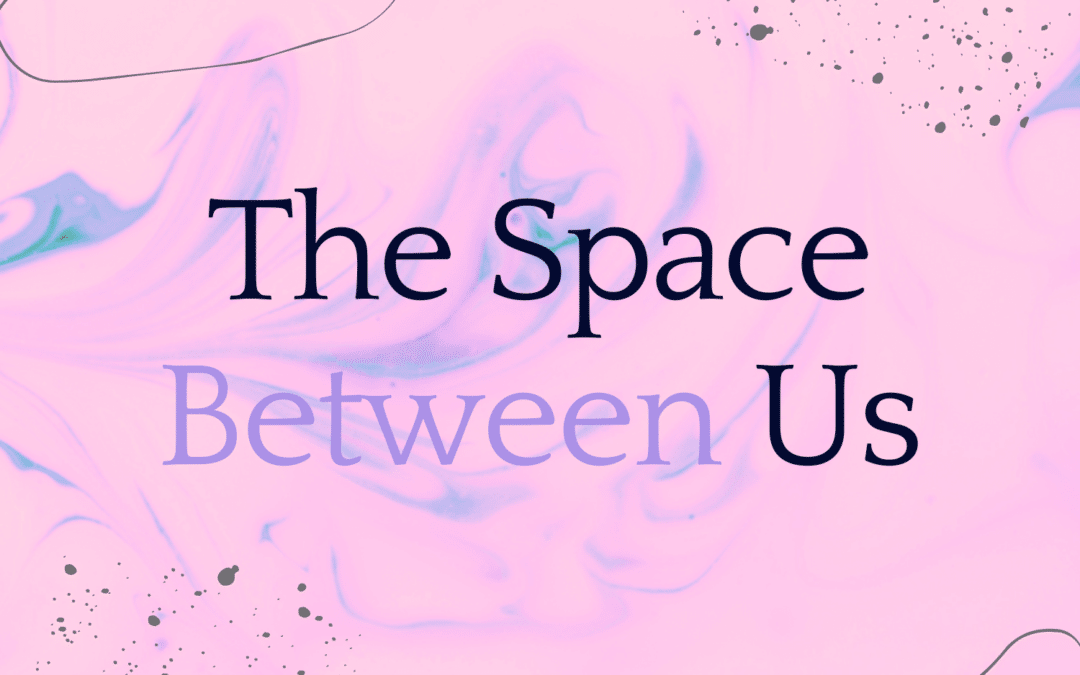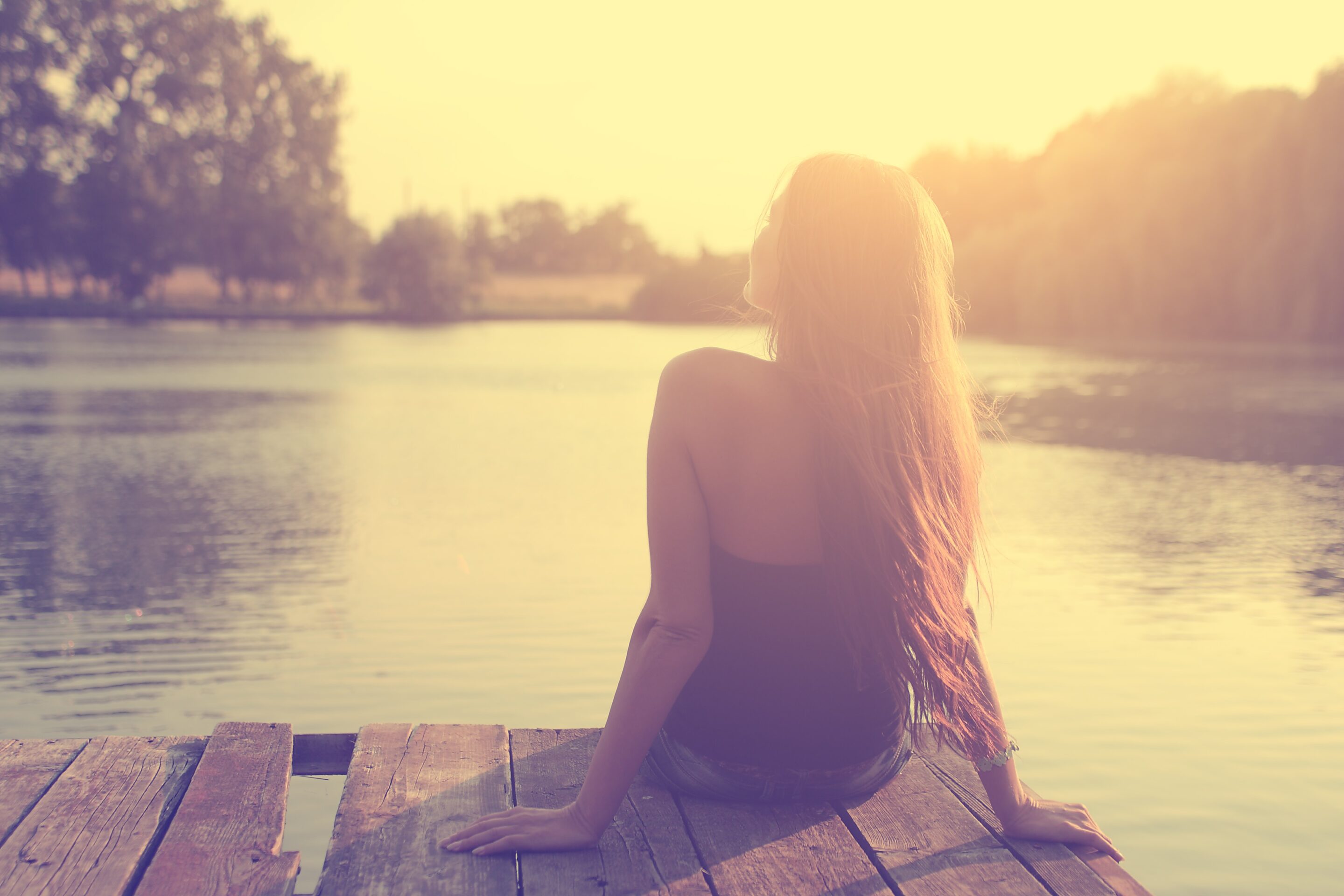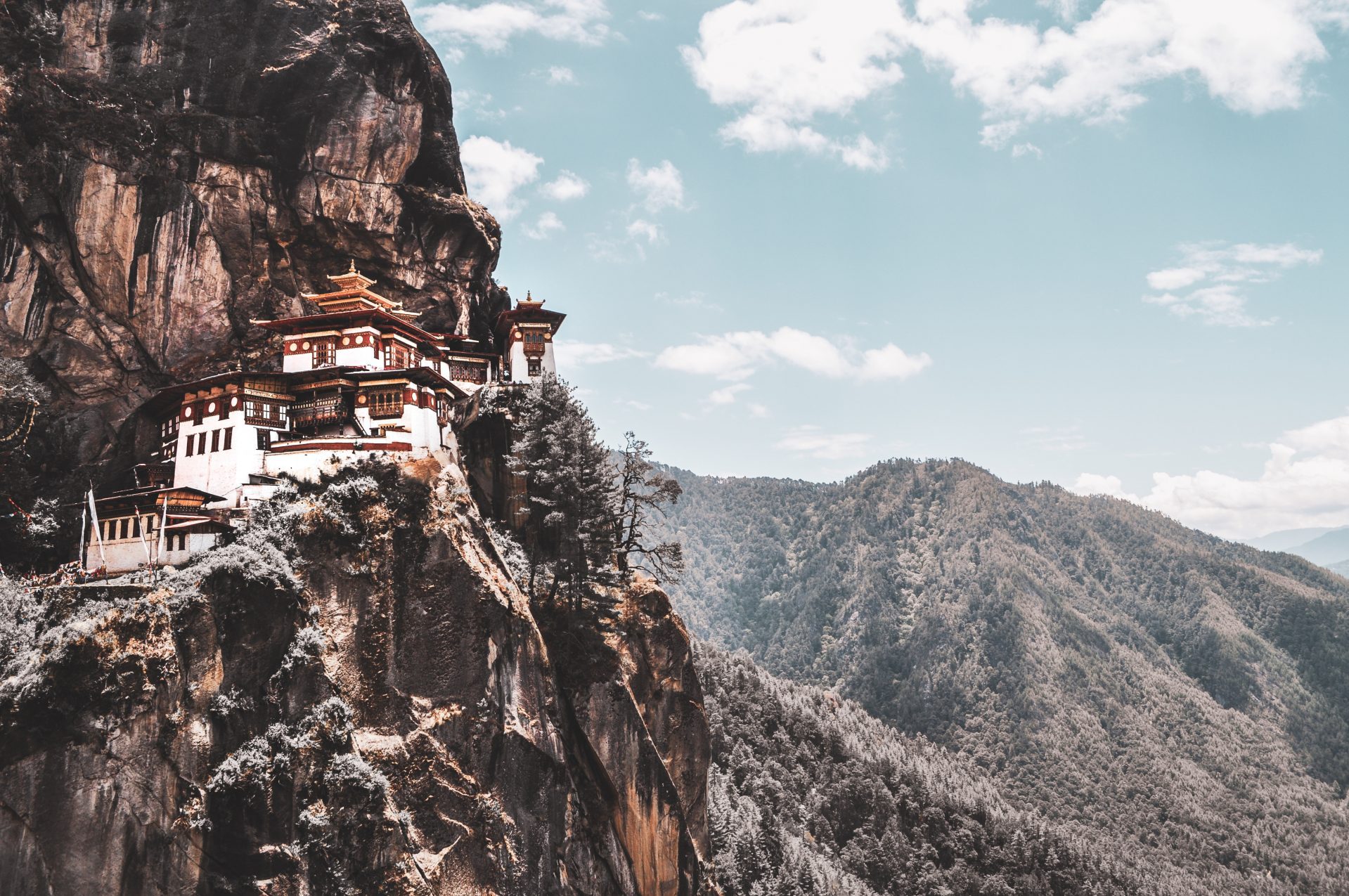This blog was first posted in 2016. Interested in deeper work about burnout, internalised capitalism and getting free? Check out our group program, Internal Revolution, or coaching with Laura Hartley.
Restoration (noun): the action of returning something to a former owner, place or condition, eg the restoration of peace.
The concept of rest has been calling my attention in recent months, as I’ve listened to an inner need to slow down. By nature I am a doer, and prone to all the highs and lows that that entails – a sense of striving, of completion, of getting things done; and sometimes a sense of burnout, exhaustion, and feeling pulled in a thousand directions.
I considered myself relaxed and rested by having nights in with Netflix or a sneaky doze during savasana, yet I still found myself plagued by a sense of deep tiredness, of needing a break no matter how many times I skipped a night out or lost myself in the world of my phone.
A Sunday sleep in is considered the epitome of rest, and yet so many of us still live with a sense of chronic exhaustion. I credit this partly to the fact we live in a culture that glorifies busy and burnout.
Of capitalism and its endless quest for growth.
Our realities are often consumed by our to-do lists, outstanding tasks and projects become plot points in the narrative of our lives. How little time we have and how full our calendars are often seen as the traditional markers of success, while little importance is placed on time connecting with ourselves and nature.
That experience of ‘time scarcity’ – that there’s just never enough time – creeps everywhere. “There’s not enough hours in the day”, “I don’t know how she fits it all in”, “There’s a lot to cover in this meeting, let’s just power through lunch”, “You can rest when your dead”, “After this week things should slow down…”.
Pick your favourite.
A week or month spent doing nothing is seen of little value, and yet having taken time to do this whether through travelling or simply in my ordinary life, I know that this is not true.
Without time away from our to-do lists, without learning to listen to our body, we miss the beauty that comes with being fully alive.
Burnout and exhaustion are tricky spaces. We so often think if we just ‘relax more’ (cue glass of wine), or take a weekend off (cue vacation), we’ll feel better. That we just need a little help switching off.
But by the time we’ve reached exhaustion, the heaviness in our shoulders and jaw, it’s not as simple as just relaxing. We need to start looking within, and exploring what restorative rest and might actually look like.
Restorative rest is about taking ourselves away from the need to do, fix and complete. It’s what happens after we let ourselves deeply feel and experience the truth of our emotions and bodies. It’s space and seed of renewal.
Restorative rest though requires us to take radical steps. To move beyond the (beautiful, amazing) space of massages and wellness, and into the messy, uncomfortable space of feeling what our body has to say to us.
Because until we stop running, truly pausing and listening to what is arising within us, then restorative rest will remain distant.
Interested in some examples of rest you can take?
BODY REST
In my journey of rest, there were days I worked from bed, and nights I tucked myself into books and stories and epically great TV shows (ahem, *homeland*). The guide was my body, sleeping when it needed sleep, waking when it wanted to wake, and allowing it to recalibrate its rhythm.
I’ll be real: this meant at the time I was often late to work, and not everyone has that luxury. And many of us have more agency than we think to sleep earlier and schedule our weekends to match our bodies needs than we allow.
Body rest is about letting our body guide our movement. It meant skipping the gym when I thought I ‘should’ go, but instead was bone deep tired.
Body rest is about letting the soft animal of our body guide our way, and not our thoughts about what we should do, or are supposed to do.
SENSORY REST
As an activist, a media fast at first seemed outrageous. I felt a moral responsibility to stay informed, and for current events to guide my activism. I still feel this way to an extent.
And
We were not designed to process the amount of news and speed of information we are currently experiencing. The pings on our phone telling us of the latest crisis or scandal are creating real, physiological reactions in our nervous system. Our brains and bodies don’t always know the difference between danger that’s imagined or distant and danger that screams RUN or FREEZE.
Media fasts are necessary for a period of time to recalibrate and restore. Delete the apps, turn them off your phone, delete your social apps for just seven days. See how you feel.
BOUNDARIES AND CALLINGS
This isn’t ‘rest’ per se, but if we’re looking at this idea of restorative rest or restoration, we must look here. Giving ourselves permission to stop saying yes to shit we don’t want to do. To rest from the endless shoulds we subject ourselves to.
To do what you feel called to, and to set a boundary where you don’t. (Prentis Hemphill says it best when they write, “Boundaries are the distance at which I can love you and me simultaneously”).
Ask yourself, why are you doing what you’re doing? Because you felt you should? Because it’s what a ‘good’ person would do? Because people expect it?
Or because you truly desire it?
Give youself some rest from yours and others artificial expectations, and rest into what feels true, whole and yours.
Learning a path of balance has not come easily to me, and it still requires much practice. Restorative rest, however, has become a place to return to, a staple in the toolbox of practices.
In the words of John Lubbock, “Rest is not idleness, and to lie sometimes on the grass under trees on a summer’s day, listening to the murmur of the water, or watching the clouds float across the sky, is by no means a waste of time”.
Where can you bring some restorative rest to your life?
Feeling burnt-out trying to change the world? Check out Changemaker Coaching here.




 I was slowly settling into a new life in Amsterdam when I saw the advertisement for the Slow Change program in Bhutan. Despite being a world away, I instantly knew I needed to join. 2016 had been a challenging year for me – I moved countries twice, ended a meaningful relationship, and despite having the intention to ‘lay foundations’, spent most of my time country hopping on over 30 flights between 14 countries, searching for something I felt I had lost. Bhutan, it seems, was it.
I was slowly settling into a new life in Amsterdam when I saw the advertisement for the Slow Change program in Bhutan. Despite being a world away, I instantly knew I needed to join. 2016 had been a challenging year for me – I moved countries twice, ended a meaningful relationship, and despite having the intention to ‘lay foundations’, spent most of my time country hopping on over 30 flights between 14 countries, searching for something I felt I had lost. Bhutan, it seems, was it. Being a Buddhist country, mindfulness quickly became a daily practice, and we were privileged to visit sacred meditation sites, some as old as 800 years. The stillness embedded in the land was palpable, and although we were encouraged to ponder the meaning of Gross National Happiness and Slow Change, another topic – living from the heart – was begging for my attention.
Being a Buddhist country, mindfulness quickly became a daily practice, and we were privileged to visit sacred meditation sites, some as old as 800 years. The stillness embedded in the land was palpable, and although we were encouraged to ponder the meaning of Gross National Happiness and Slow Change, another topic – living from the heart – was begging for my attention.
